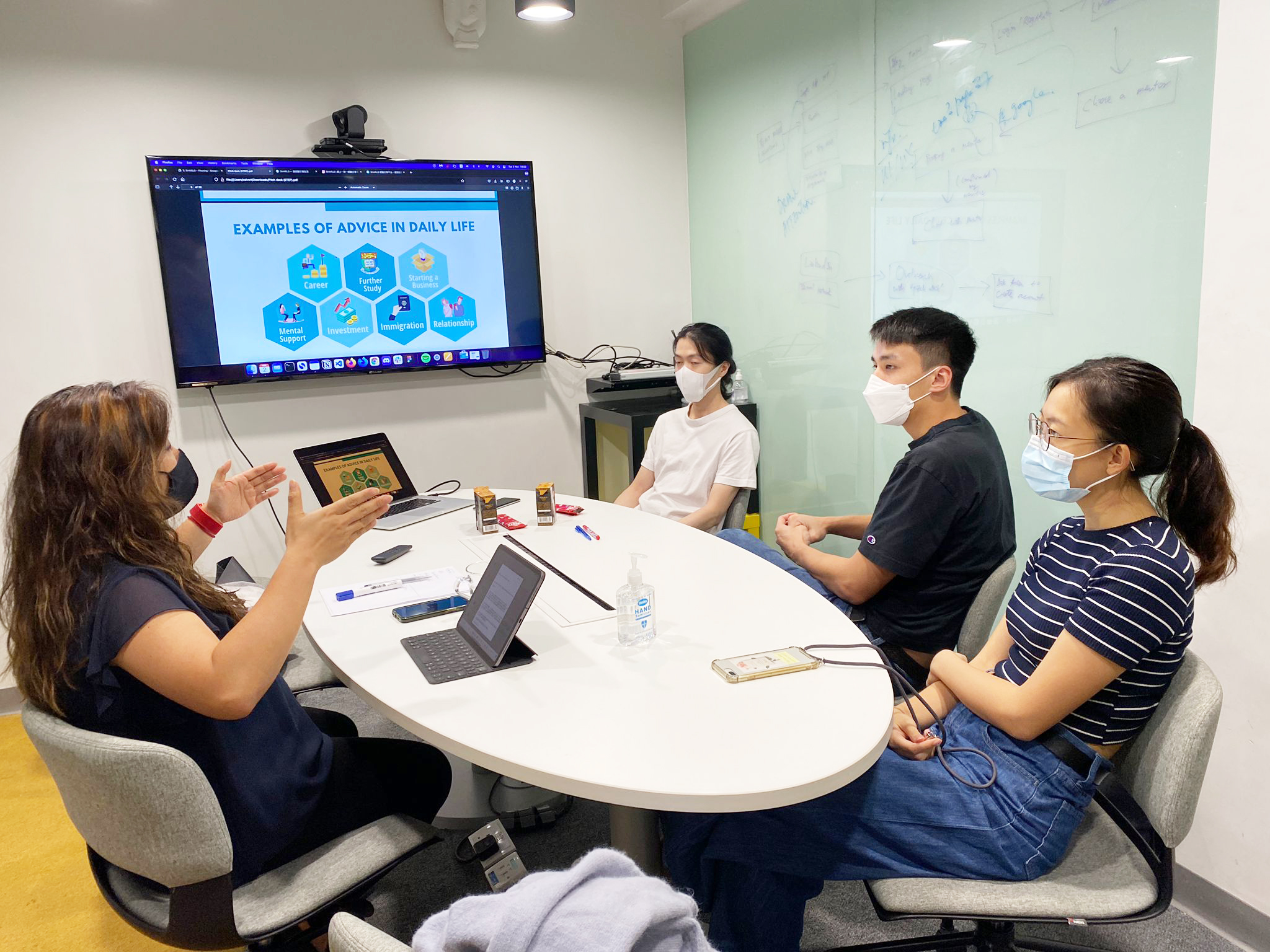
CONNECT AND CONTRIBUTE
TEC is developing a pool of mentors with different expertise for our programmes. All potential candidates are welcome!

TEC is developing a pool of mentors with different expertise for our programmes. All potential candidates are welcome!